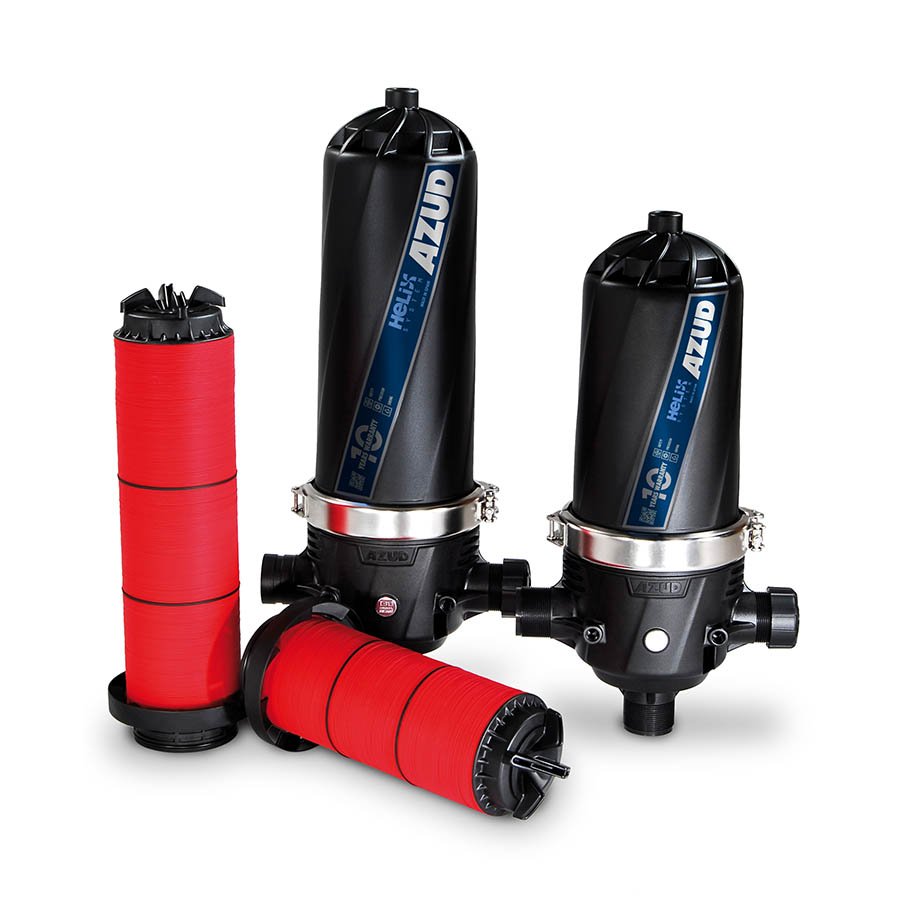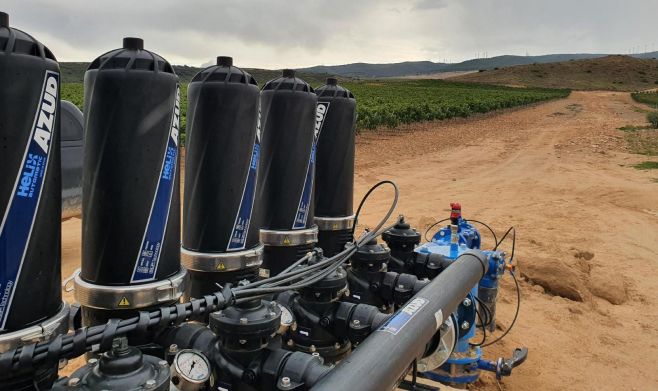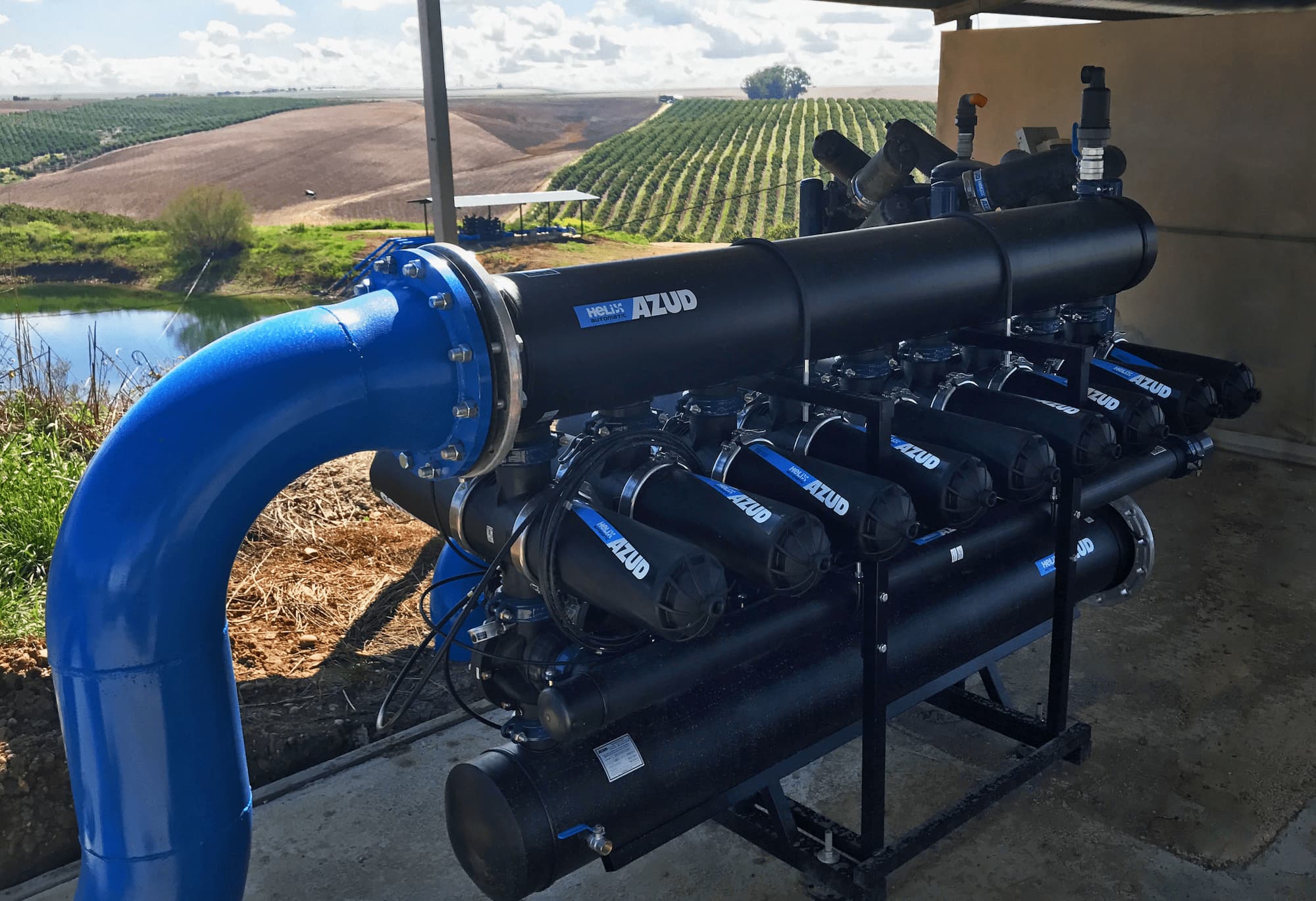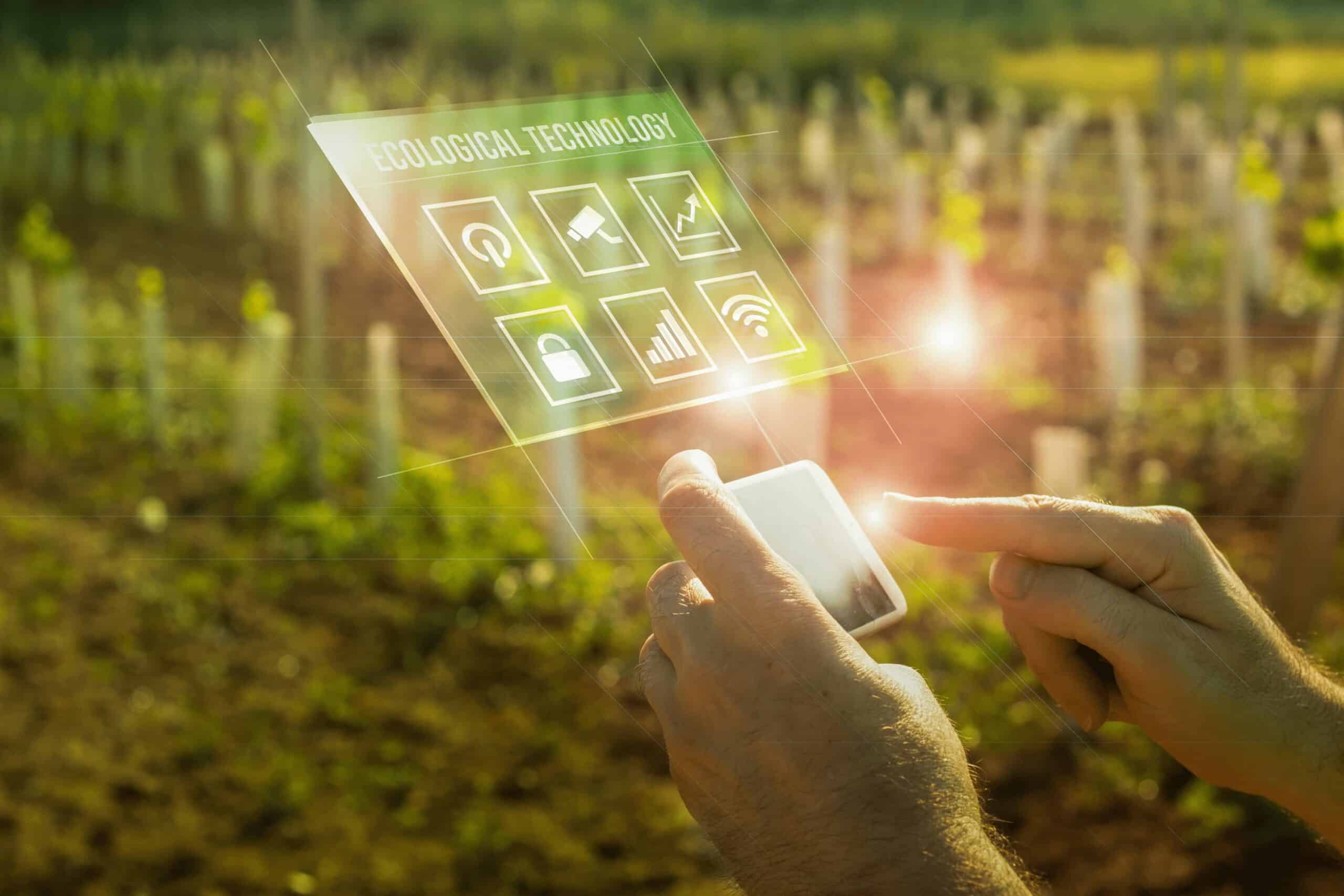Table of contents
Plastic Filtration Systems: Structural, Functional and Application Engineering Advantages
The versatility and broad spectrum of performance has allowed plastics to be present in all domestic areas and in the healthcare, architectural, aerospace, industrial and agricultural sectors.
Characteristics and Functional Performance of Plastic Filtration Systems
The wide range of technical plastics available for transformation into components by means of the injection moulding process makes it possible to select the material with the most suitable characteristics and performance, in accordance with the expected exposure conditions and the specific requirements of each component.
The injection moulding technique allows the manufacture of components with innovative shapes and specific surface finishes and, therefore, the development of products with highly functional designs aimed at optimising their performance and achieving, from an aesthetic point of view, a personalised brand image.

Advantages of Plastic Water Contact Filtration Systems
Characteristics and functional behaviour of products made of technical plastics in contact with irrigation water and chemicals:
Absence of corrosion. The surfaces of components made of engineering plastics do not require surface protection treatment after processing, as opposed to metallic materials that require internal treatment and external coating. They do not corrode under environmental conditions or in contact with water or chemical products normally used for crop nutrition and maintenance of the irrigation network.
The low relative roughness together with the characteristics of the material used have a favourable effect on:
High resistance to microbial aggression.
Surfaces in contact with water do not constitute a suitable terrain for the establishment and colonisation of micro-organisms with the capacity for proliferation (fungi, bacteria, …).
Absence of encrustations.
The particularities of its surface finish minimise the risk of any kind of incrustation on the internal walls in contact with water.
Abrasion resistance.
Low friction internal surfaces with high resistance to abrasion erosion generated by the friction of particulate material of an inorganic nature present in the water source.
The specific characteristics and properties of each material determine its hydraulic behaviour and mechanical and chemical resistance to the conditions of exposure which, together with the benefits of the design and transformation processes of these materials, allow the development and manufacture of solutions adapted to the levels of demand required by the different applications in which filtration systems are required.
Functional, Environmental and Application Engineering Advantages
The main advantages of filtration systems made of plastic materials, from a functional, environmental and application engineering point of view, are:
Transport, installation and operation.
Its low modulus of elasticity gives it a high resistance to impact which, together with its low relative weight compared to other materials and the modularity of the filtration equipment, greatly facilitates transport, installation and operation.
Environmental exposure conditions.
The specific behaviour of each plastic material together with the use of antioxidant products that are incorporated into the plastic before its transformation process provide them with a high resistance to exposure conditions. The filtration systems used for the protection of the emitting pipes are subjected to environmental conditions with seasonal situations of high relative humidity and splashing, temperature values in a wide range and high incident ultraviolet radiation.
Service life and maintenance
Longer service life, reduced frequency and intensity of maintenance work and uncompromised filtered water quality due to the absence of deterioration of the surfaces in contact with the water and chemicals used.
Mechanical operating conditions.
Their optimised design together with the use of suitable materials guarantees a high resistance to operating pressure, high differential pressure values and those resulting from the flow rate and quality of the available water (abrasion, corrosion).
Filtration Systems Application Engineering
The current trend is towards technical rigour and application engineering in decision-making aimed at optimising the use of less available resources and achieving greater water productivity. At the same time, there is a clear increase in environmental awareness and a change in the selection criteria of the functional components of the irrigation system in which functionality and useful life together with their capacity to adapt to the new reality, aimed at:
Crop nutrition
A greater use of products intended for crop nutrition of an organic nature, not from synthesis, which contain an insoluble fraction and solids that can generate problems in the distribution networks and a notable increase in the potential for clogging in the emitting pipes.
The use of filtration systems compatible with the incorporation of fertilisers upstream of the filtration system, which allows the use of products with a high nutritional capacity and their incorporation into the field installation totally free of particles that could compromise the uniformity of application and the useful life of the emitting pipes.
Microbioma del suelo
Greater knowledge of the benefits generated by an adequate development of the soil microbiota, of the actions to promote its development and conservation together with a notable increase in the use of microorganisms to favour the nutrition and health of the crop. The oxidising reaction products used to clean the irrigation system have a high biocidal potential that reduces the variety and concentration of microorganisms in the soil.
In order to reduce the use of chemical products with an oxidising reaction intended for cleaning the distribution network and emitting pipes that may compromise the microbiota of the soil, the selection of filtering equipment with all its components in contact with the water made of technical plastics and the choice of filtering media with more selective degrees of filtration, a higher level of demand in the selection of emitting pipes with low clogging potential and greater rigour in the performance of maintenance work.
Environmental impact of irrigation practice.
Increased environmental awareness that conditions the adoption of new design criteria and a more rigorous selection of components together with irrigation practice and maintenance work aimed at obtaining and maintaining a high uniformity of water application and increasing the useful life of the emitting pipes.
All of this is aimed at reducing the environmental impact associated with agricultural activity, increasing water productivity to reduce the water footprint associated with the production of the plant organ with commercial value, and a high uniformity of water application in the field to obtain a uniform crop response and a reduction in the carbon footprint.





